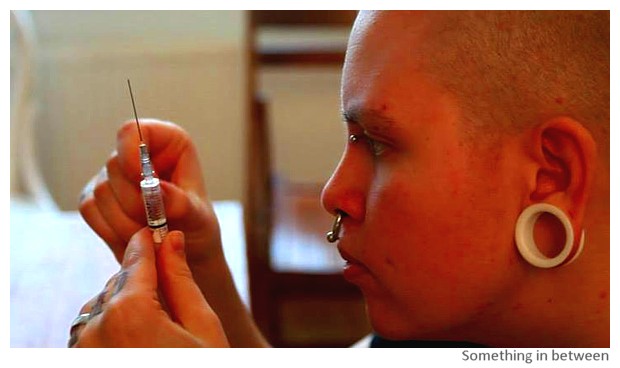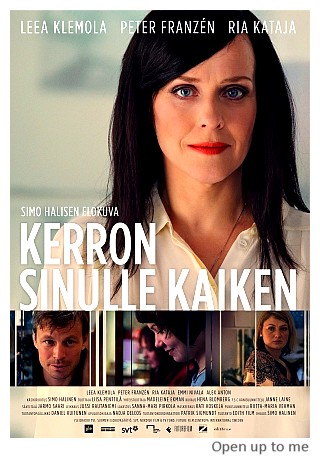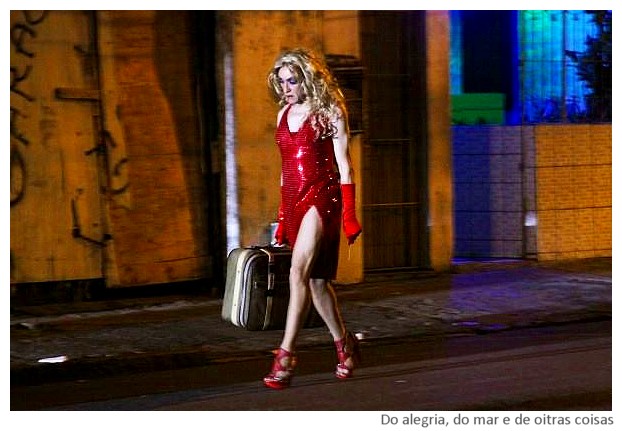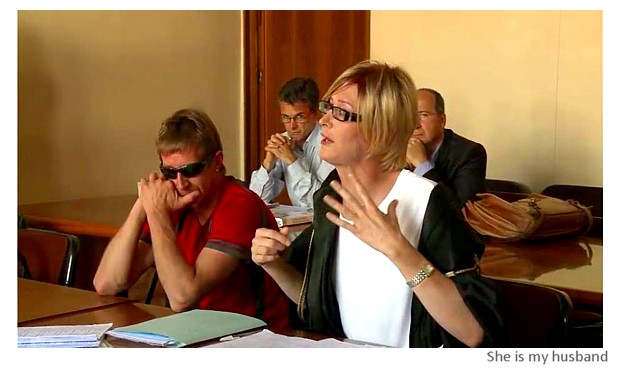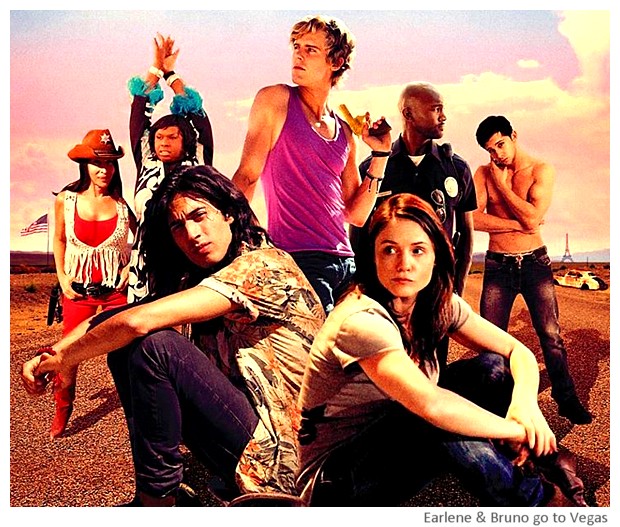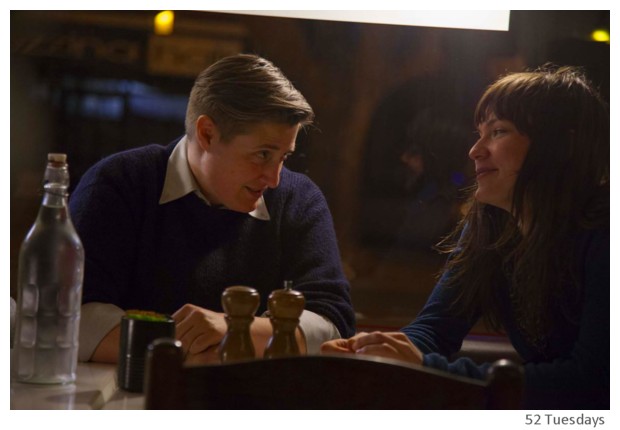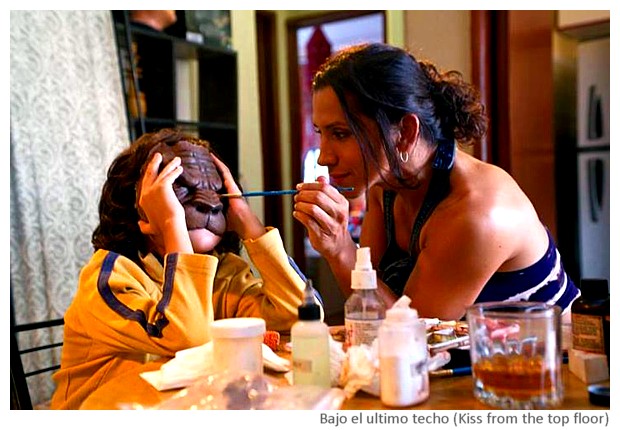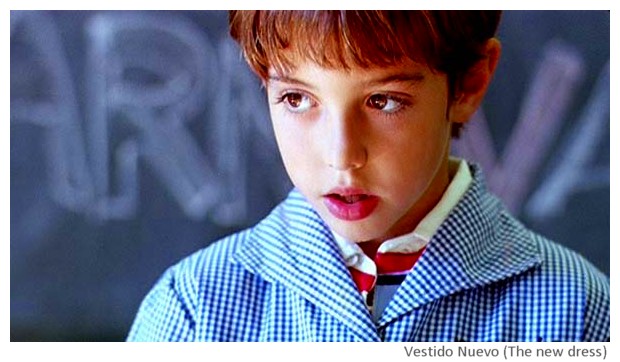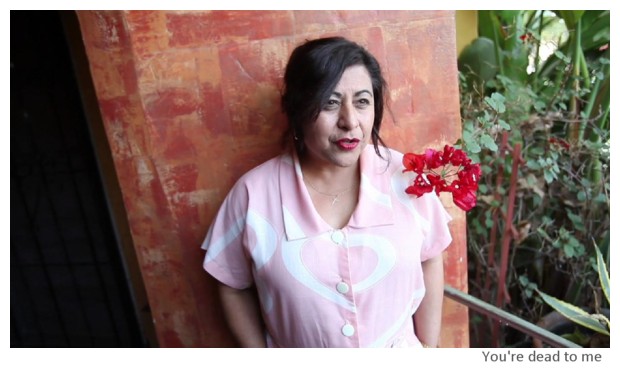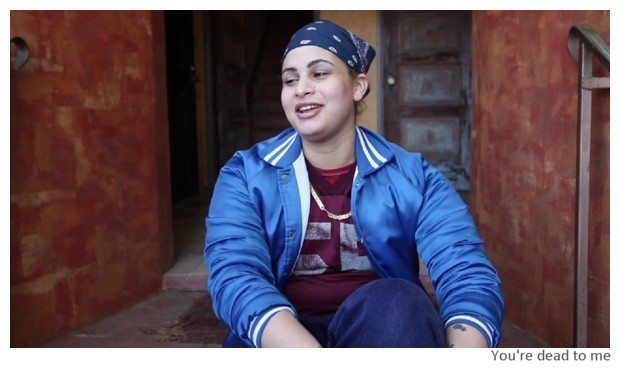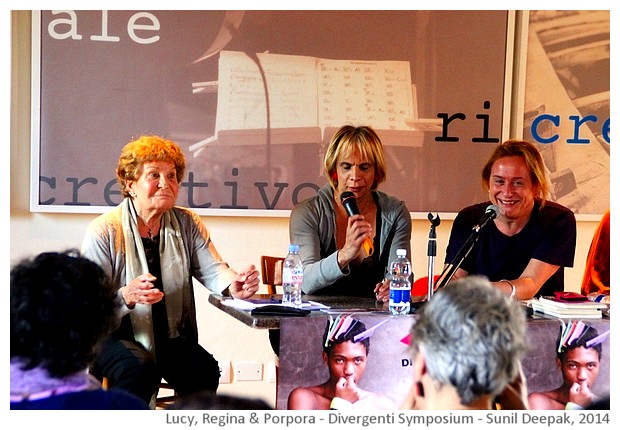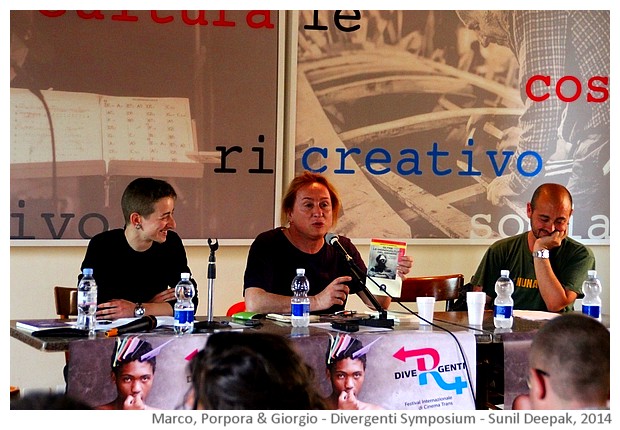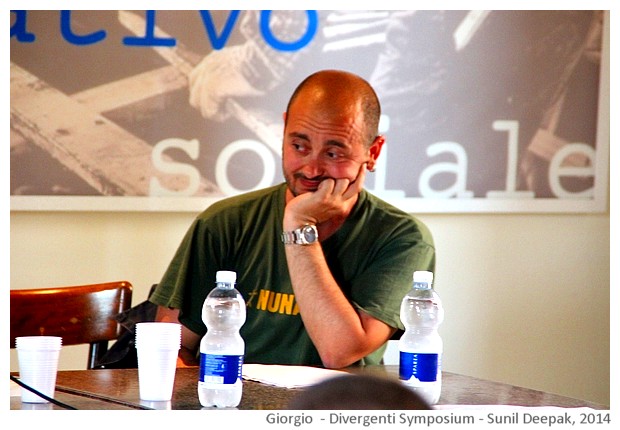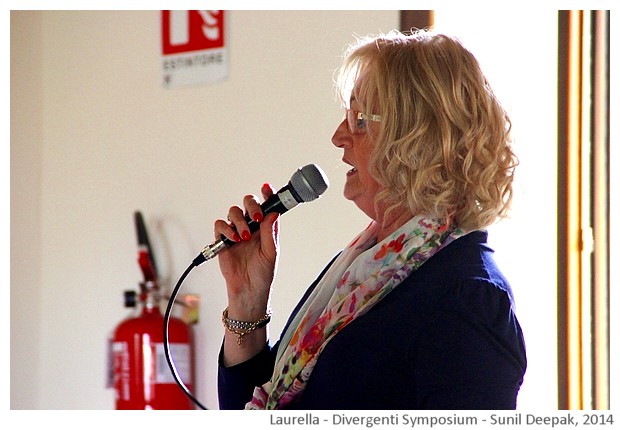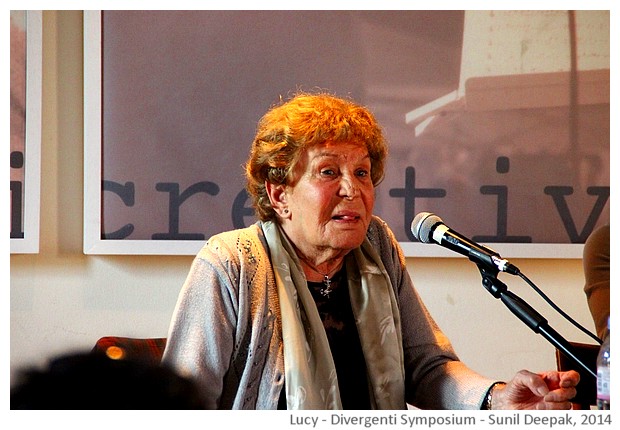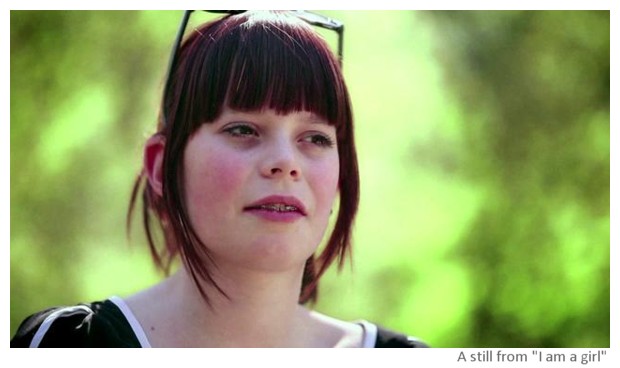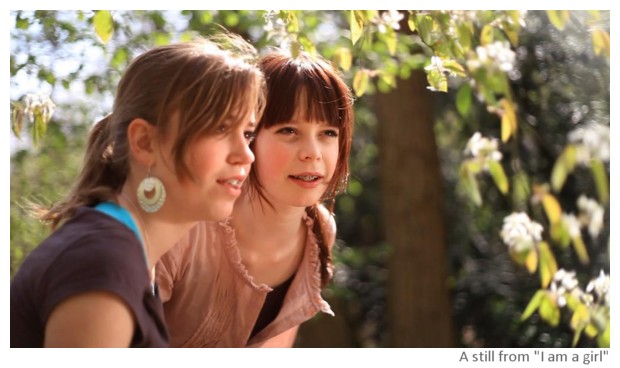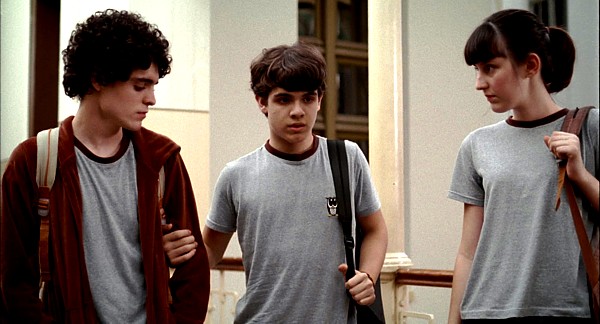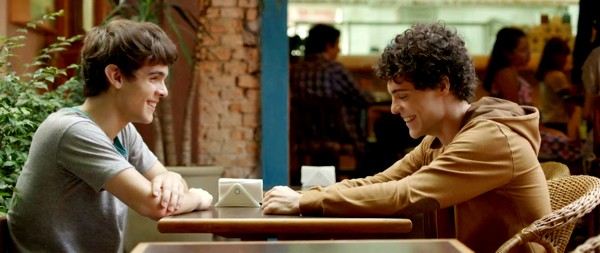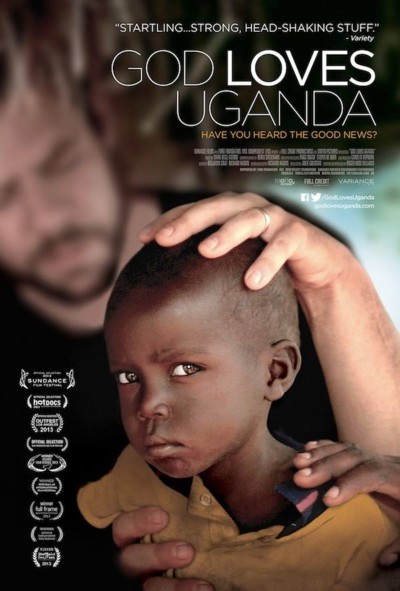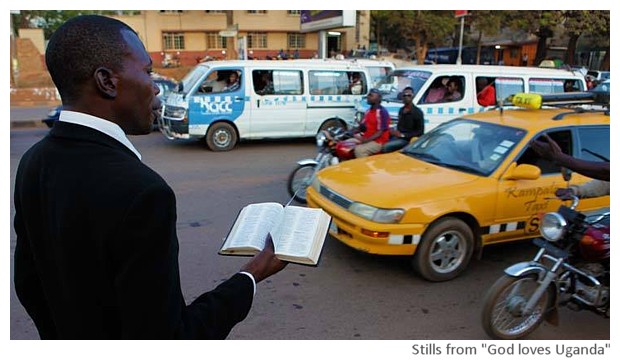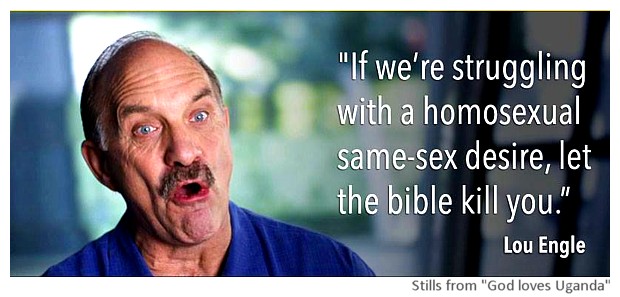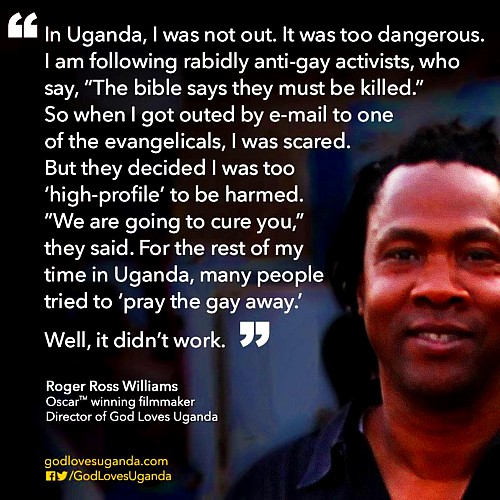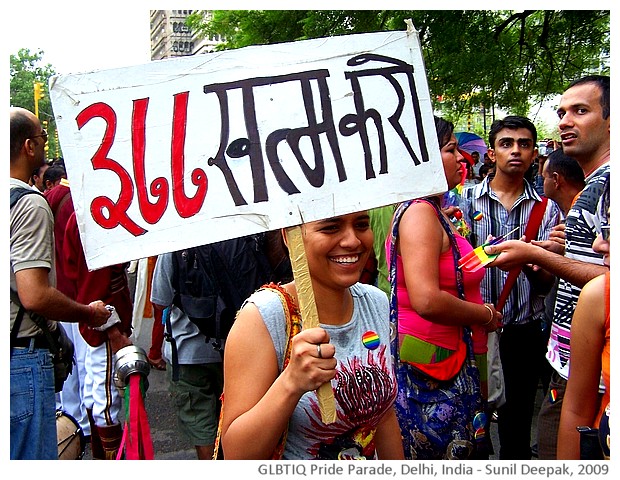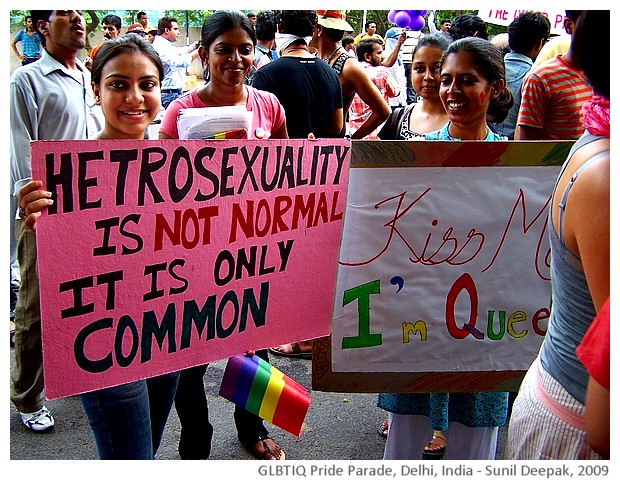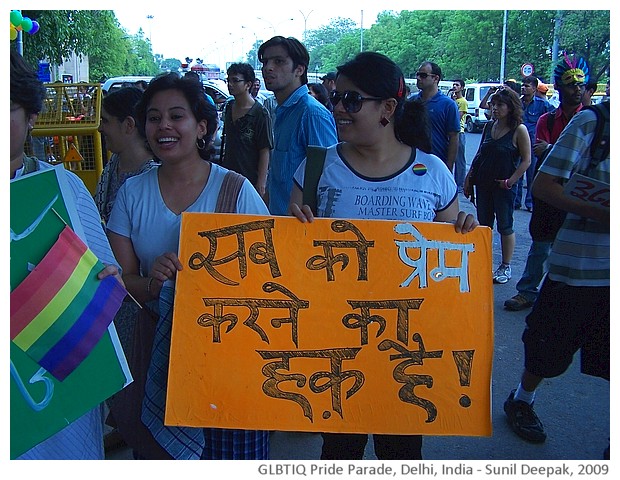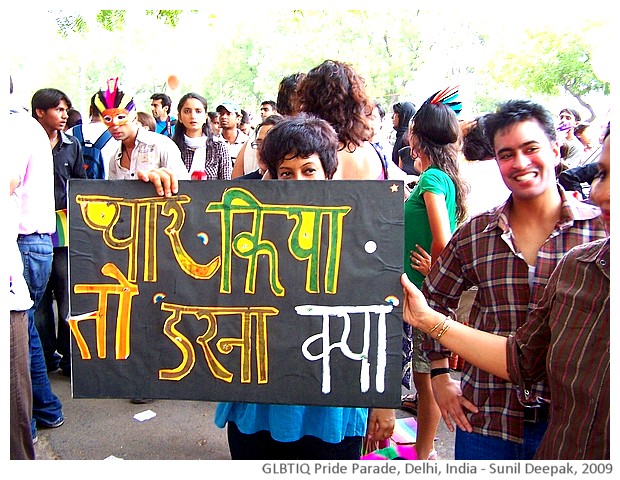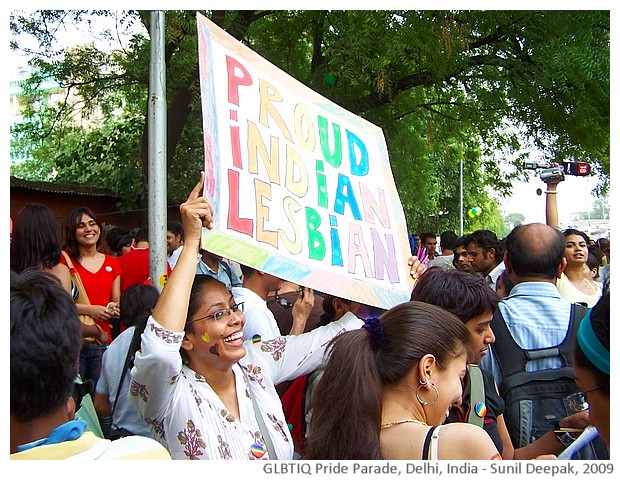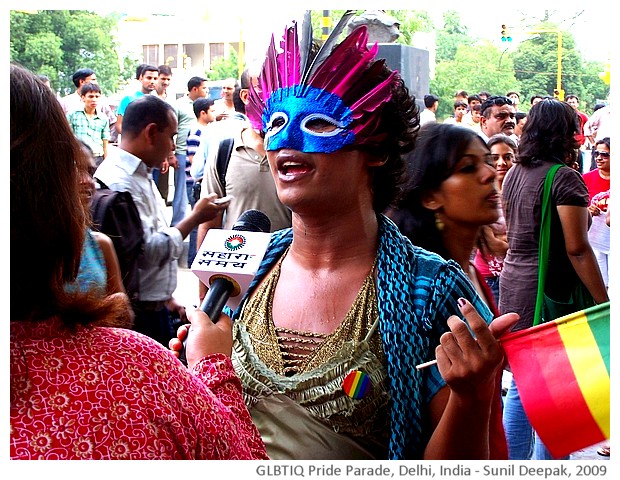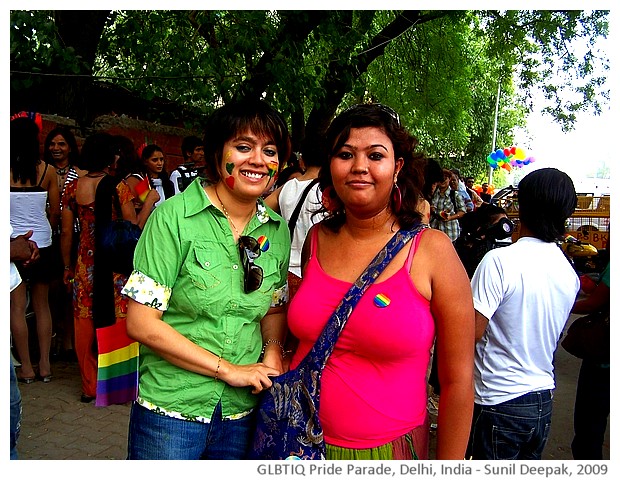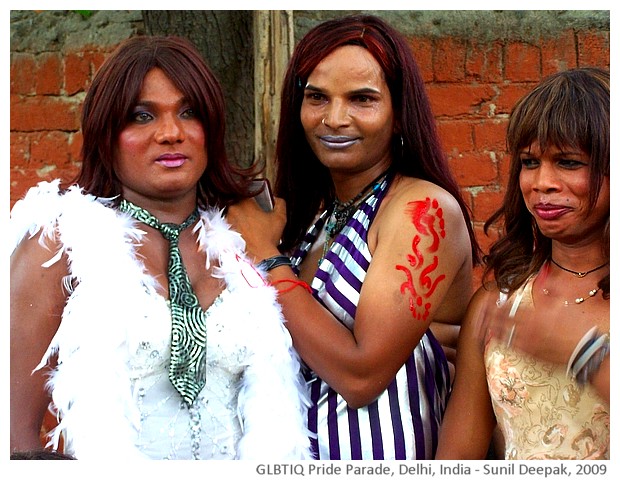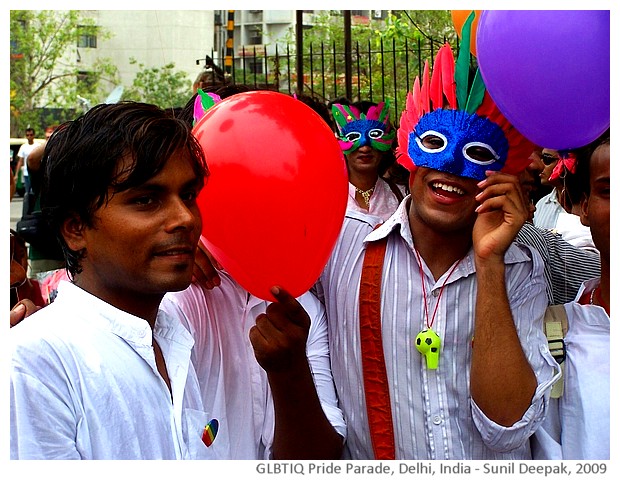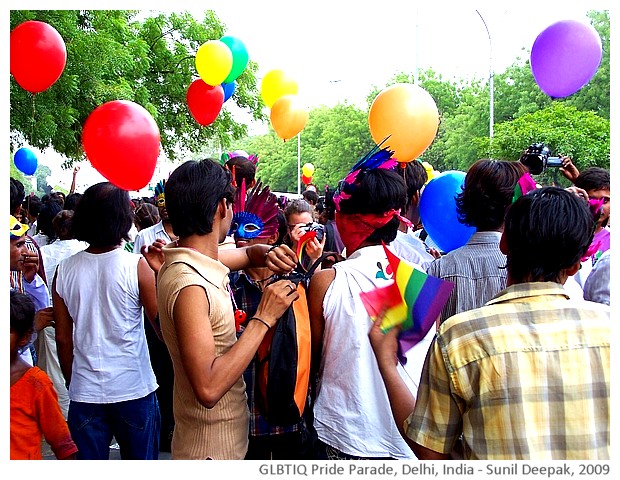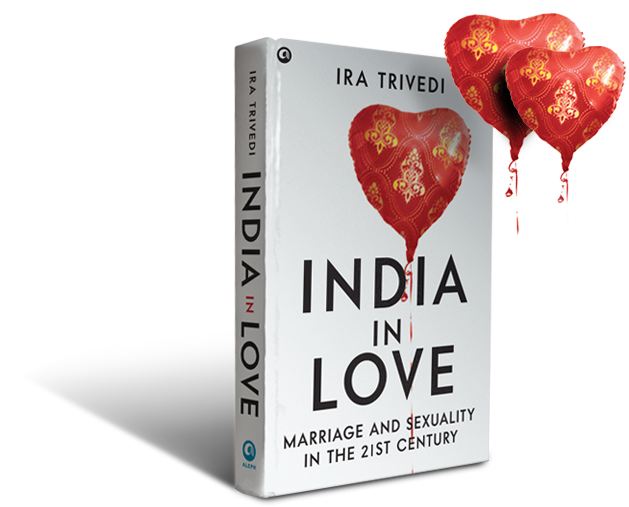
Introduction
Sexuality is a taboo area in India, though in recent times, some of the walls surrounding it have been breached, giving a glimpse of the different facets.
The discussions around sexuality are often linked to debates about traditions versus modernity, as well as to ideas of obscenity and pornography. Often they remain limited to innuendos and anecdotes that make for prurient reading without really helping in an understanding of the issues. Ira Trivedi's book "India in Love - Marriage and sexuality in the 21st century" (Aleph books, New Delhi, 2014) goes deeper for a more nuanced understanding of the issues.
India in Love
The book is divided into two parts - part 1 dealing with "sex and sexuality" and part 2 dealing with "love and marriage".
The first, "Sex and sexuality", part touches on different areas - the impact of last 2 decades on people's ideas about sex and sexuality; impact of access to pornography and the space occupied by porn stars in popular imagination; the coming out of the LGBTI (Lesbian, Gay, Bisexual, Transsexual and intersexual) groups; evolution of the prostitution; and the dark side of sexuality, including rape, violence and the impact of decreasing female ratios.
The second part, "Love and marriage" deals with - increasing role of love in people's decision making about marriages; the old and the new matchmakers and their changing roles in arranged marriages; the commercialization of weddings; increasing divorces and separations; and, couples experimenting with live-in relationships and open marriages.
Comments
At places, Ira makes sweeping and superficial generalizations, but on the whole, the book presents stories and research findings in ways that illustrate the complexity of the issues. India is a continent with a huge population and thus most discourses about India usually lead to the following two conclusions:
(1) If something is true, its exact opposite will also be true - thus if you find examples of big changes, you also find examples of societies and persons steeped in traditions that refuse any change. The situation is also dynamic, thus the same persons may have different opinions at different points in their lives and what seems to be the truth of a specific group today, may be very different tomorrow.
(2) The diverse groups in India - rich, middle class and poor; big cities, small cities and villages; men, women and the other genders; persons of different religions, etc. - all have different aspirations and velocities of change. None of the groups are monoliths with common shared positions, rather each group shows a variety of positions along a spectrum ranging from the most radical to the most conservative.
Ira's book also respects these two conclusions. Book's language varies from academic and clinical ("she did fellatio", "he did not like doing cunnilingus") to more immediate and direct ("squeezing their breasts and groping their crotches").
While the book talks about the changing ideas and practices about sex, love and marriage in India, it also touches on the frustrations and dilemmas about the traditions among the immigrants from rural areas and small cities who can witness the changing norms but are mostly excluded from them.
It does not shy away from going deeper into complicated areas (".. there have been many positive influences such as education and health care but the missionaries tried to impose a certain way of life that wasn't original Khasi way of life. Our tribal culture is intrinsically open and non judgemental. Christianity is all about judgement and sin...").
Book's conclusions and their implications
In her conclusions, Ira writes:
"The love revolution will lead to the breakdown of the traditional arranged marriage. This is significant, because it also means the breakdown of joint family, of caste and community identity, and as divorce rates skyrocket, perhaps also of marriage itself. The switch from arranged to love marriage will be a slow, gradual one, but it is happening nonetheless, particularly in urban India. The India of ten years ago was substantially different from the India of today, and the India a decade from now will continue on the path we have paved.
The sex revolution does not just concern the physical act of sex. It is about changing laws, about loosening censors, and about more sexual liberty. It is about seeing women choosing to wear what they want and about accepting gays in our communities. It is about the burgeoning prostitution industry and pornography. It is about escaping hypocrisy and realizing we are making change happen. Above all, it is about exposing an entire generation to a heavily sexualized culture which is seeping into their lives."I believe that in India we need many more such discussions and researches to understand the social changes and their impacts related to notions of love, marriage and sex. Trivedi's book is a useful addition to those discussions.
The book remains superficial about the increasing anxiety of patriarchal society and especially of men, linked to these changes. However, results of these anxieties are increasingly dominating the news in India. Different "news-making" events over the past decade - the attempt of Maharashtrian government to ban dance bars, the recent worries expressed by the health minister Dr Harsh Wardhan about sex education in schools, the comments by different bodies including khap panchayats and political leaders about appropriateness of women's clothes - are some of the reactions caused by these anxieties. This area needs much more understanding and research.
Another problem is that most discussions on sex and sexuality remain elitist, confined to English language and exclude a large number of persons who do not speak English in India, who have a significant interest in this area but do not have access to systematic and accessible information on the theme.
Images on love & intimacy from around the world
To accompany this post, I decided to search my picture archives for images related to the theme of love, togetherness and intimacy. Here are some of them from around the world - from Belgium, Brazil, Czech republic, Ecuador, India, Italy, Switzerland and Thailand.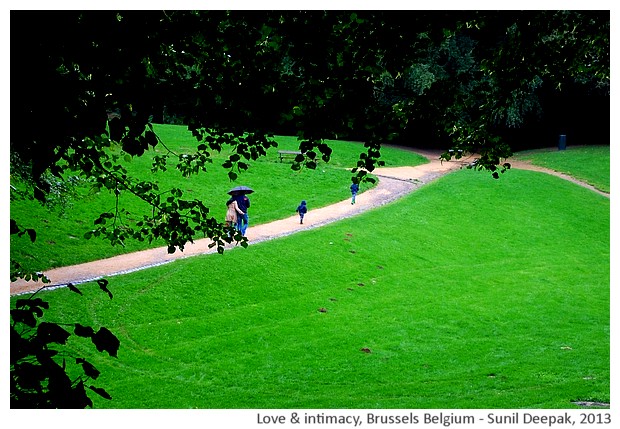
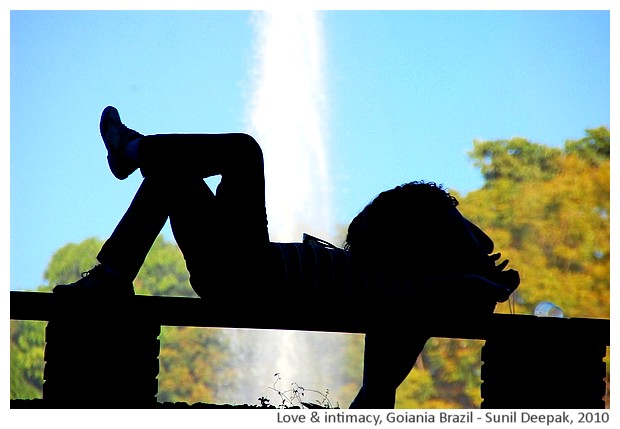
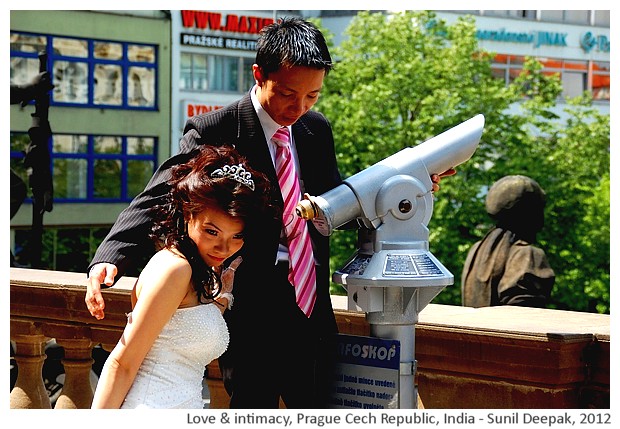
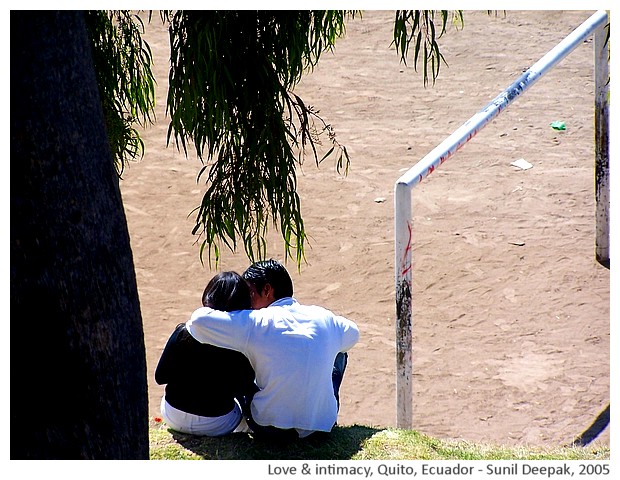
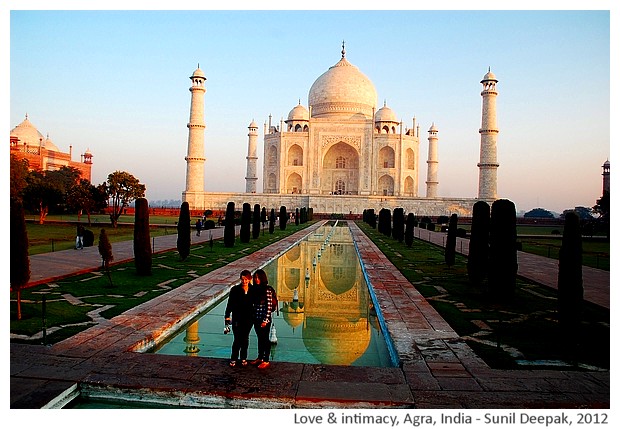
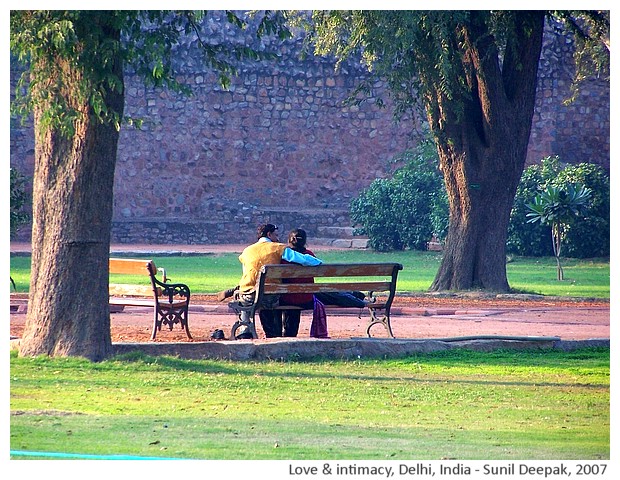
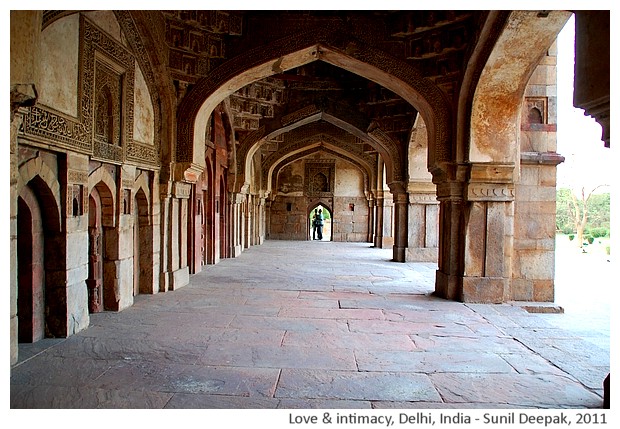
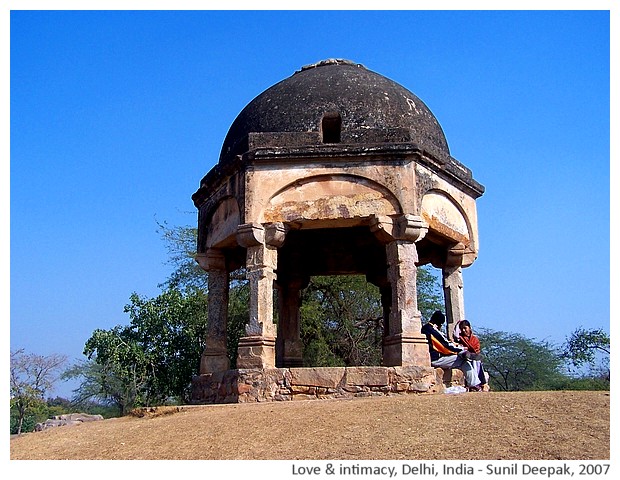
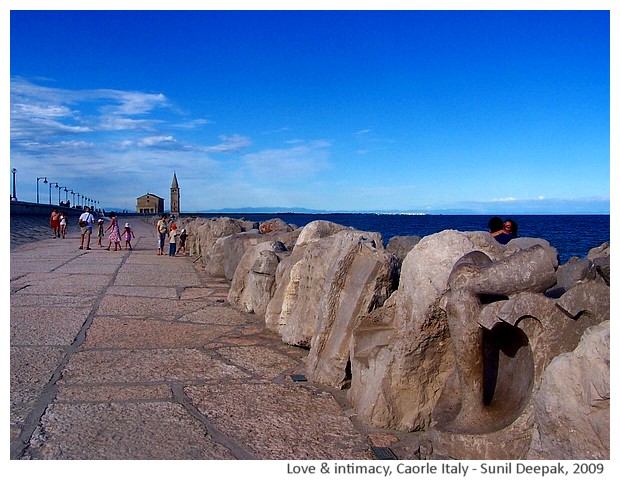
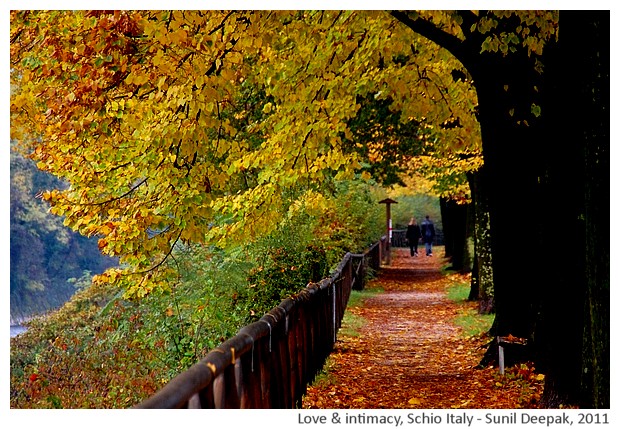
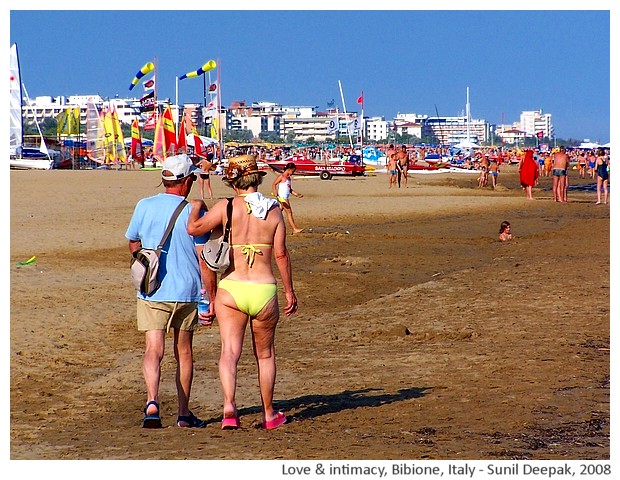
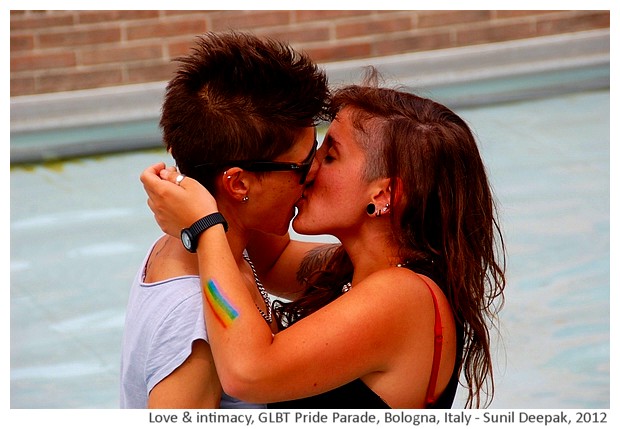
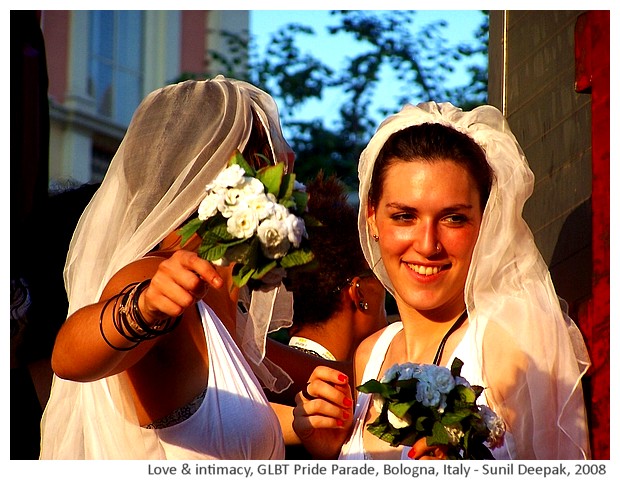
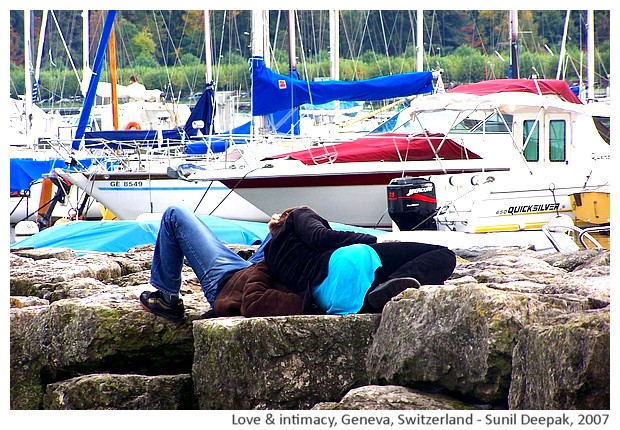
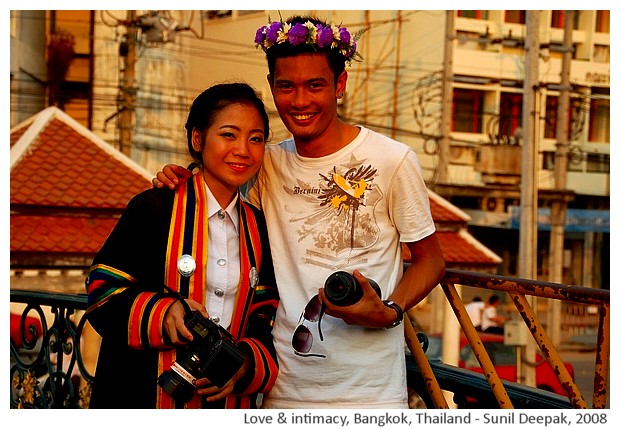
I think that feelings of love, close friendships, and intimacy are perhaps the most important factors determining the quality of our lives. Living our sexualities in an open and fulfilling manner is equally important for all of us. However, societies' norms and expectations influence us and make us feel inadequate or wrong in expressing our desires about love, intimacy and sex. Sometimes, we ourselves do not understand our own desires.
Ira's book can helps you in understanding some of those issues. So read the book and think about yourself and what you wish from your lives, your companions, friends and families. Best of luck!


